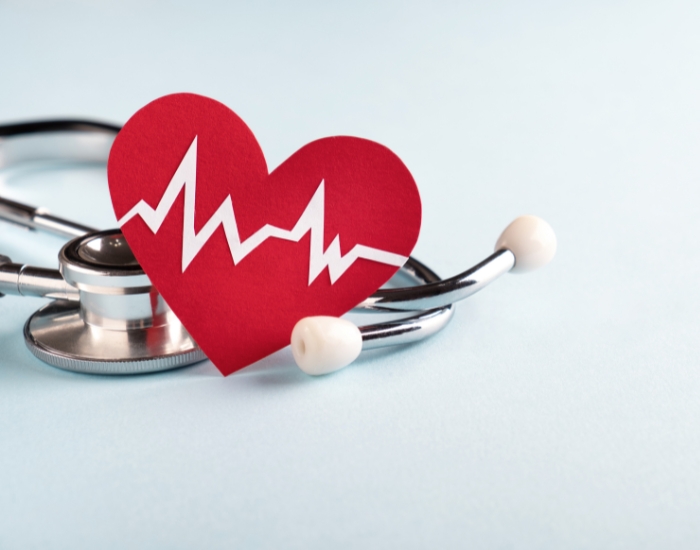For the past few months, I’ve been dealing with a range of symptoms that have become impossible to ignore—feeling my heart pound constantly, struggling to catch my breath, needing to take deep breaths frequently, feeling dizzy, and just not feeling right. It’s more than discomfort; it’s a lingering sense that something is wrong. And recently, blood work results confirmed that I may not be imagining things.
The Wake-Up Call: Elevated hs-CRP and What It Means
One of the first red flags came from my blood tests—my hs-CRP (high-sensitivity C-reactive protein) levels were elevated. For those unfamiliar, hs-CRP is a marker of inflammation in the body. When it’s high, especially in the absence of infection or acute illness, it can indicate inflammation in the arteries and raise the risk for cardiovascular disease (CVD).
This was the moment when I was advised to see a cardiologist. I had already done extensive blood work, with some values out of range—some too high, others too low—but the hs-CRP level made things more urgent. It felt validating, in a way, to have data backing what I’d been feeling for months, but it also introduced a new layer of anxiety.
The Symptoms I Couldn’t Ignore
-
Palpitations: Feeling my heart beat strongly even when I’m resting.
-
Breathlessness: A persistent need to take deep breaths, as if I can’t get enough air.
-
Dizziness and Lightheadedness: Sometimes mild, sometimes more intense, but always disruptive.
-
Fatigue and Brain Fog: Alongside everything else, it’s been hard to focus or feel energetic.
These aren’t symptoms that come and go—they’re part of my daily life now, and they’ve made even the simplest tasks feel overwhelming.
Seeking Cardiology Care
I’ve learned that early evaluation by a heart specialist is key when dealing with unexplained cardiac symptoms and elevated hs-CRP. A cardiologist can order further diagnostics such as an echocardiogram, stress test, electrocardiogram (ECG), or even CT angiography to assess heart structure, function, and blood flow.
They’ll also consider risk factors—family history, cholesterol levels, blood pressure, weight, lifestyle, and more—to form a clearer picture of what’s happening and how to move forward.
Why You Shouldn’t Wait
If you’re experiencing similar symptoms, I urge you not to brush them off. It’s easy to assume you’re just stressed or tired, but persistent symptoms like heart palpitations, shortness of breath, or dizziness can be signs of serious underlying issues.
Don’t wait for things to get worse. A proactive approach can make all the difference in identifying and managing cardiovascular problems early.
What’s Next for Me
Right now, I’m focusing on getting the specialist care I need and continuing to monitor my symptoms closely. I’ve also started paying closer attention to my diet, sleep, stress levels, and physical activity, since lifestyle changes can play a powerful role in heart health.
This journey has been challenging, but I’m hopeful that with the right support and medical guidance, I can find answers—and a path to healing.






